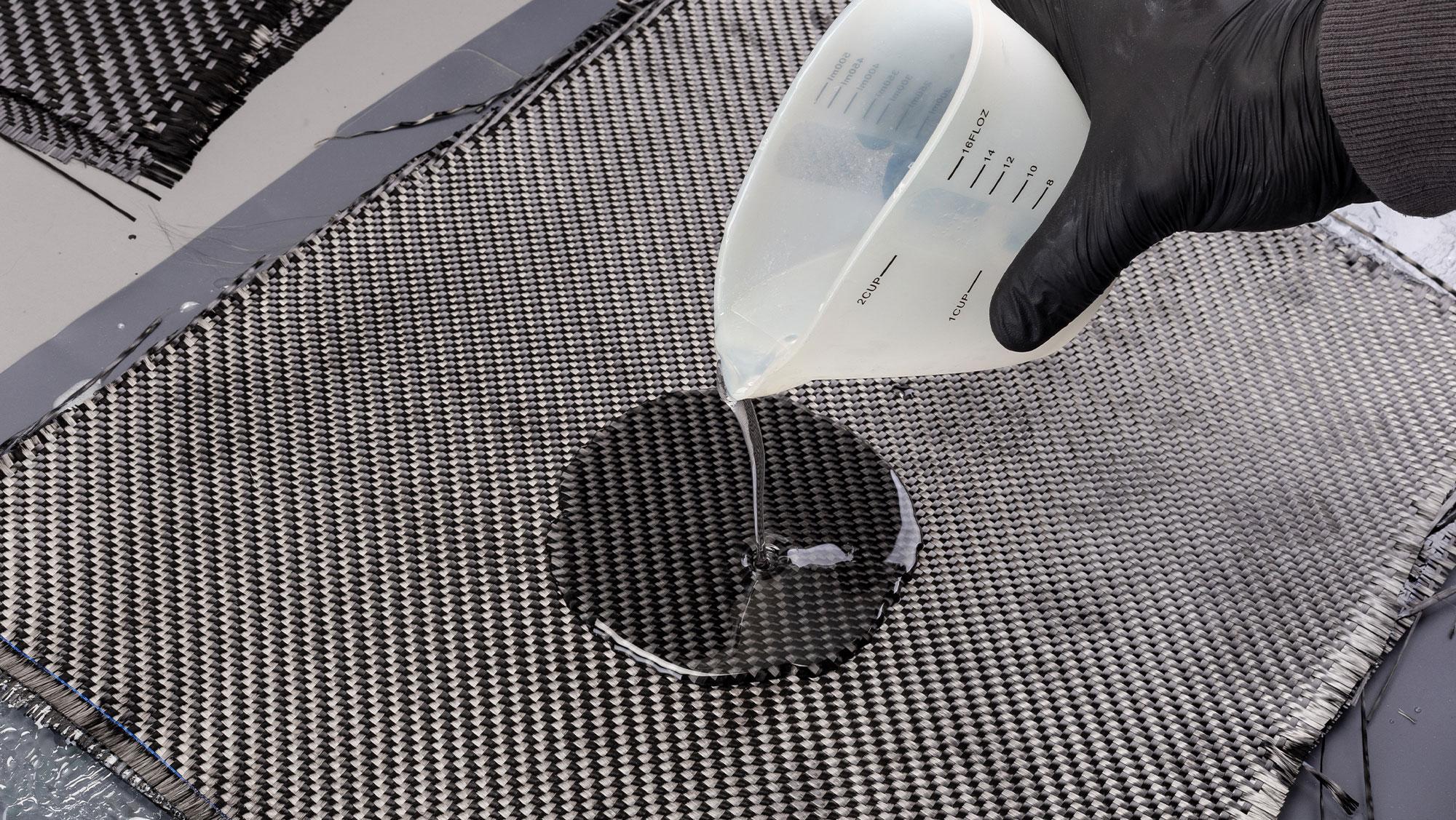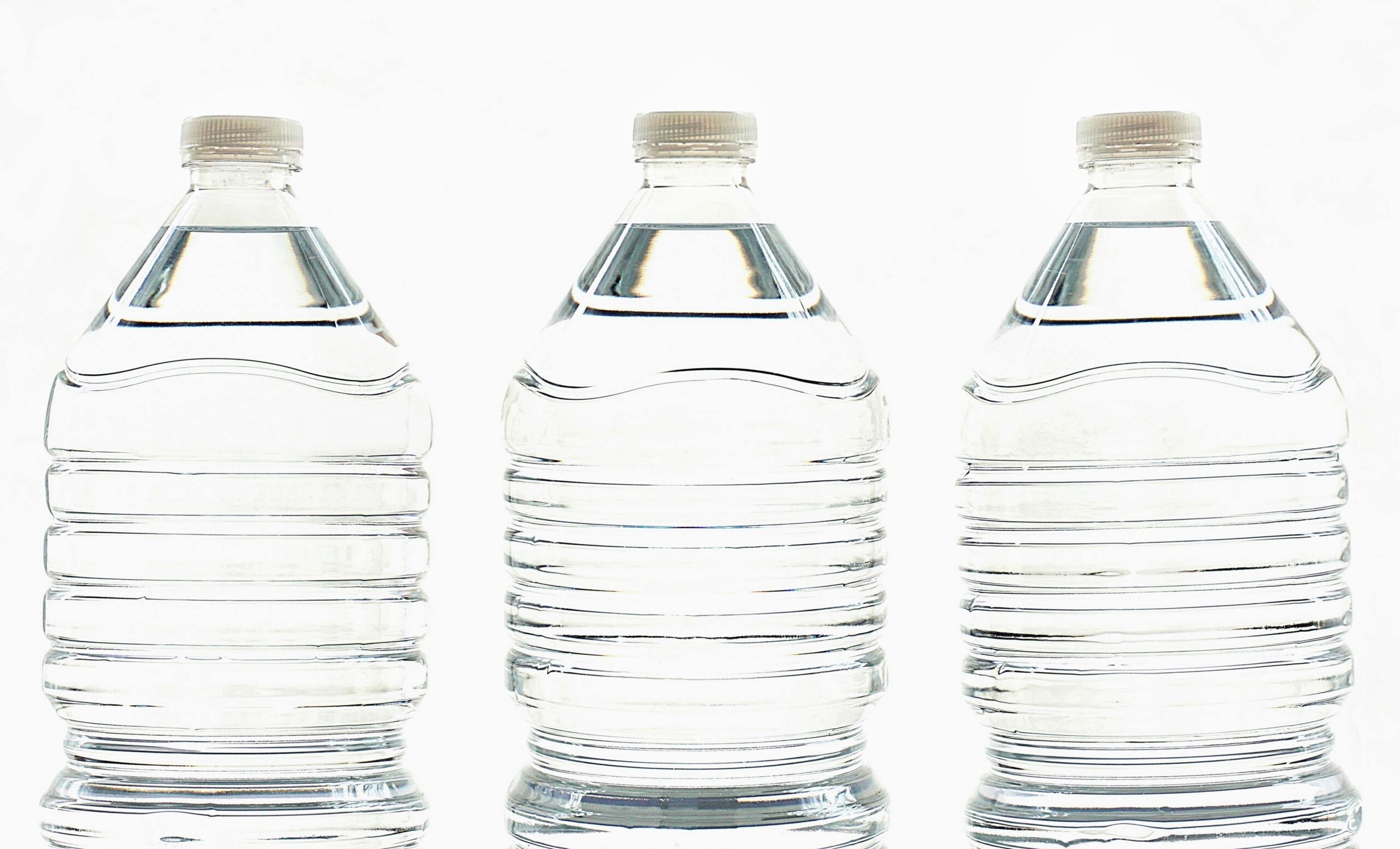How Anhydrides Help Achieve High Fiber Loading in Composites
Composites are a crucial part of today’s manufacturing industry. They are used all over the world in just about every modern market imaginable due to their natural strength and durability, as well as their versatility. The biggest advantage composite materials have to offer over others however is the strength-to-weight ratio that most composite materials have to offer. And recent studies have shown that for many common composites, the higher the fiber content within the material, the stronger it will be–high fiber loading in other words. But where do anhydrides fit into this mix?
A Quick Refresher on How Composite Materials are Made
To understand how anhydrides can help improve composite strength, it is important to understand what actually goes into making a composite material. Composites are made from two or more materials with different physical and chemical properties, combined in order to enhance those properties. At their most basic, they consist of flexible fibers with high tensile strength set into a rigid matrix resin system.
Recent studies are showing that the more fiber you can pack into the composite, the higher its strength will be–but most fibers require diluents to achieve the viscosity necessary to get the system. These diluents and additives can help with achieving the right viscosity to form the composite, but everything added to the mix will lower the integrity of the resin system. Furthermore the resin system has to bond well to the fibers while simultaneously wetting them out completely.
Anhydrides offer an Alternative
Anhydrides have the properties necessary to create much higher strengths in composites. Anhydrides generally have a low viscosity coupled with a high mix ratio, making them an excellent choice for creating high fiber content composites. They are also acidic and work extremely well to bond to alkaline sizing. The anhydride also enables the resin system to supplant any surface oils and greases and penetrate into the fiber bundles.They don’t require the diluents that other materials need to achieve the right viscosities, and so will retain far better integrity in the resin system overall. Whether using glass or carbon fiber, filament winding, pultruding or RTM; Broadview’s extensive line of cyclic, bi-cyclic, aromatic and multifunctional anhydrides will provide the properties and performance you desire.
About Broadview Technologies, Inc.
Broadview Technologies is a leader in the material sciences, with a long history of developing high-performance intumescent agents, specialty anhydrides, and more. Head over to our website: broadview-tech.com to request a quote or contact us with any questions about our products.




